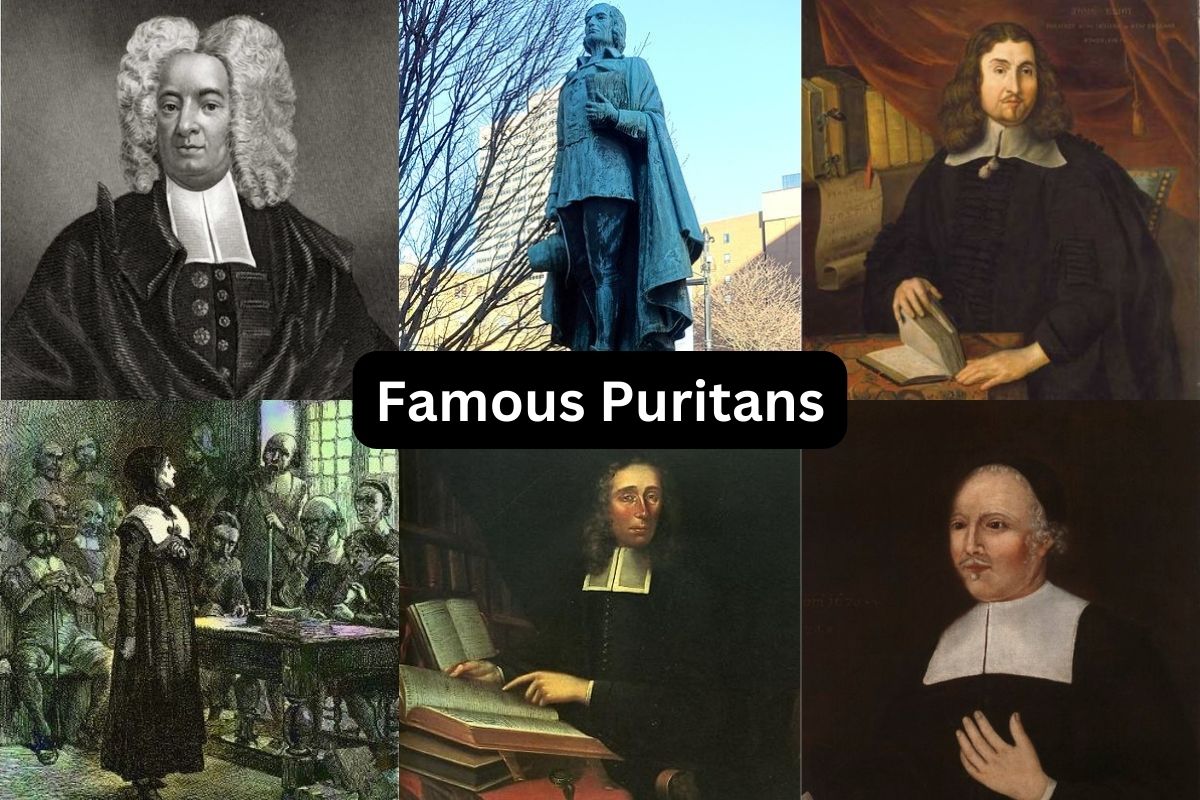The Puritans were a religious group that emerged in the 16th and 17th centuries as part of the Protestant Reformation. Their name, “Puritan,” reflected their goal of purifying the Church of England from what they considered to be remnants of Roman Catholicism.
The movement gained momentum during the reign of Queen Elizabeth I and continued to flourish in the early years of King James I’s rule.
Puritan beliefs were rooted in a strict interpretation of the Bible and emphasized personal piety, moral purity, and a deep commitment to God. They sought to reform the Church of England by eliminating perceived Catholic rituals and practices, advocating for a simpler and more austere form of worship.
Puritan society was characterized by its strong emphasis on discipline, hard work, and education. They believed in the concept of a “covenant” with God, where individuals entered into a binding agreement to live according to God’s laws. Puritan communities were tightly knit, with religious and civic life closely intertwined.
Who Were the Puritans?
The Puritans were adherents of a religious reform movement within the Church of England known as Puritanism in the late 16th century. They believed that the Church of England was too similar to the Roman Catholic Church and that non-biblical rituals and practices should be eliminated.
Famous Puritans
1. John Winthrop (1588-1649)
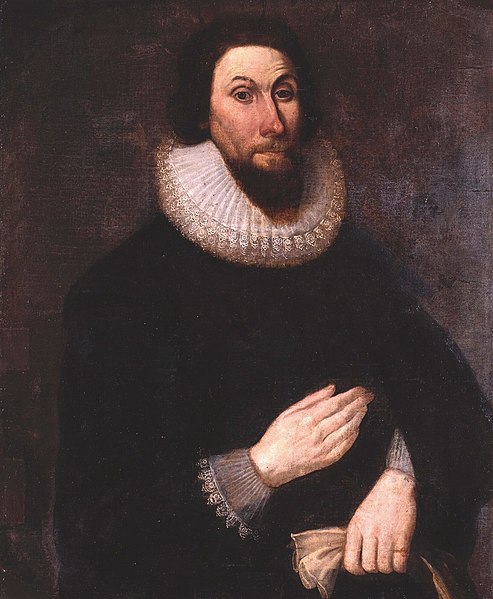
John Winthrop was an English Puritan lawyer and one of the most prominent figures in the early colonization of New England.
He played a pivotal role in the founding of the Massachusetts Bay Colony, serving as its governor for several terms.
Winthrop is best known for his sermon “A Model of Christian Charity,” delivered aboard the ship Arbella before the colony’s arrival.
In this sermon, he articulated the concept of a “city upon a hill,” emphasizing the colony’s mission to create a religiously virtuous and exemplary society.
2. Anne Hutchinson (1591-1643)
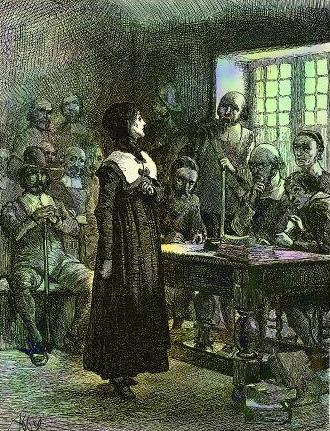
Anne Hutchinson was a notable Puritan spiritual leader and a woman of strong religious conviction. She held unconventional religious meetings in her home, where she critiqued the established clergy and promoted her own interpretations of scripture.
Also Read: Quakers vs Puritans
Hutchinson’s views, which challenged the authority of the Puritan ministers, caused controversy within the Massachusetts Bay Colony. She was accused of antinomianism (the belief that Christians are not bound by moral law) and eventually banished from the colony in 1638.
She later settled in Rhode Island and then moved to New York, where she tragically lost her life in a conflict with Native Americans.
3. Roger Williams (1603-1683)
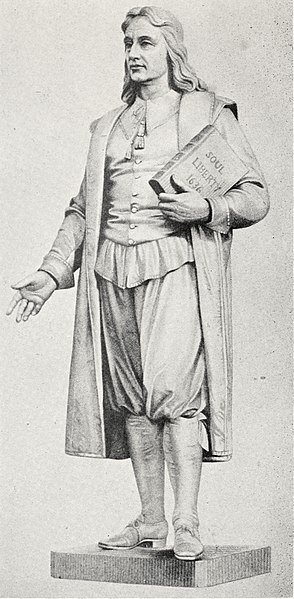
Roger Williams was a Puritan minister, theologian, and a staunch advocate for religious freedom and the separation of church and state.
He arrived in the Massachusetts Bay Colony in 1631 but quickly clashed with the Puritan leaders over issues such as the treatment of Native Americans and the government’s authority to enforce religious conformity.
Williams believed in the inherent rights of individuals to worship according to their own conscience without interference from the state. As a result, he was banished from the Massachusetts Bay Colony in 1636.
Williams founded the colony of Rhode Island as a refuge for those seeking religious freedom, where he established a government that upheld the principle of religious tolerance and provided a safe haven for dissenting religious groups.
His writings, including “The Bloody Tenent of Persecution,” greatly influenced the development of religious liberty in America.
4. Thomas Hooker (1586-1647)
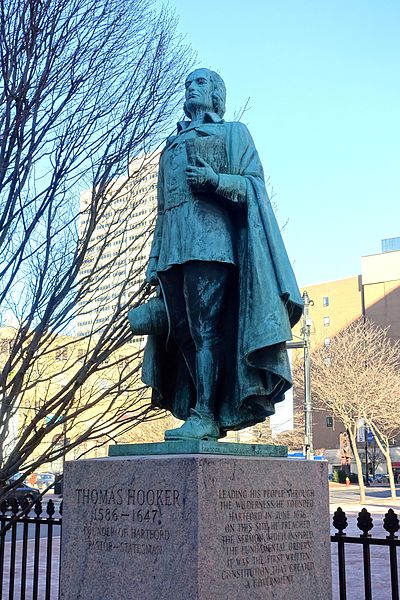
Thomas Hooker was a prominent Puritan colonial leader who played a crucial role in the early settlement of New England. Born in England, he studied at Cambridge University before becoming a minister.
In the early 1630s, Hooker became dissatisfied with the religious and political climate in England and joined a group of Puritans who migrated to the Massachusetts Bay Colony. However, seeking greater religious and political freedoms, he led a group of settlers to establish the Connecticut Colony in 1636.
Hooker’s sermons and writings emphasized the importance of democratic governance, and he is often referred to as the “Father of American Democracy” due to his influence on the development of representative government in Connecticut.
5. John Cotton (1585-1652)
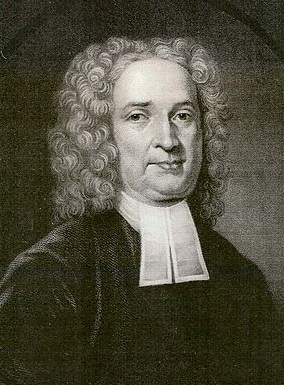
John Cotton was an influential Puritan minister and theologian who played a significant role in shaping religious and political beliefs in the early American colonies. Born in England, he became a respected preacher and scholar.
Cotton strongly believed in the covenant theology of the Puritans and stressed the importance of personal conversion and a life dedicated to God. He migrated to the Massachusetts Bay Colony in 1633 and became one of its leading clergymen. Cotton’s sermons were renowned for their eloquence and depth, attracting large audiences.
He was a key figure in the establishment of congregationalism as the form of church governance in New England, emphasizing the autonomy of local churches. Cotton’s writings, such as “The Way of Congregational Churches Cleared,” provided theological and practical guidance to the Puritan community.
6. Increase Mather (1639-1723)
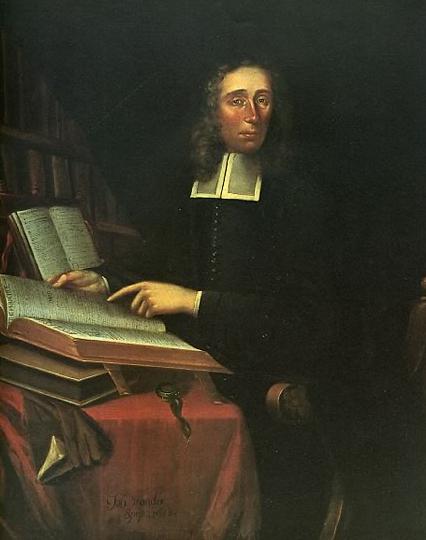
Increase Mather and his son Cotton Mather were prominent Puritan ministers and scholars in colonial New England.
Increase Mather was born in Massachusetts and received his education at Harvard College. He became a highly regarded theologian and served as president of Harvard from 1685 until his death.
Increase Mather played a central role in the Salem witch trials, advocating for caution and moderation in the prosecution of suspected witches.
7. Cotton Mather (1663-1728)
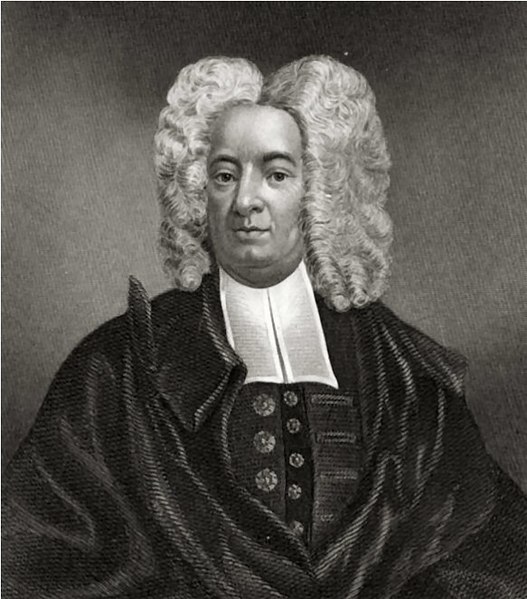
Cotton Mather, known for his prolific writings, was deeply involved in the Salem witch trials and fervently believed in the existence of witchcraft. He documented the events of the trials in his book “Wonders of the Invisible World” and supported the court’s decisions.
Cotton Mather also made significant contributions to various fields, including medicine and natural history. He wrote extensively on a wide range of subjects and is considered one of the most prolific authors in colonial America.
Both Increase and Cotton Mather exerted significant influence on religious, intellectual, and political life in the colonies. They defended and propagated Puritan beliefs, sought to uphold moral standards, and contributed to the development of early American society through their religious and scholarly endeavors.
8. John Davenport (1597-1670)
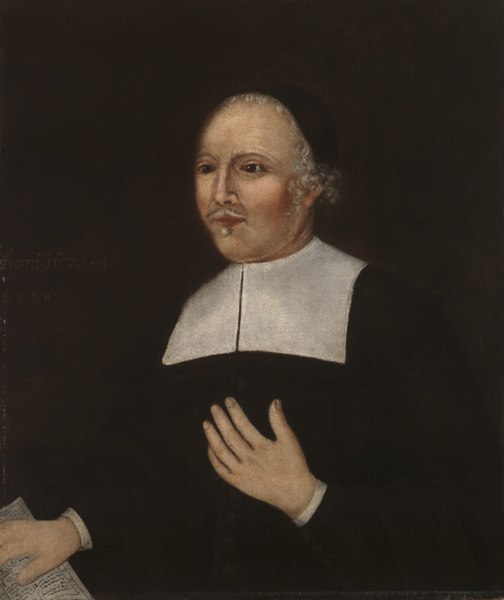
John Davenport was an influential Puritan minister and co-founder of the New Haven Colony in Connecticut. Born in England, Davenport received a rigorous education at Oxford University and became a prominent preacher.
In 1637, he sailed to America and played a key role in establishing the New Haven Colony as a haven for Puritans seeking a stricter religious community.
Davenport’s leadership helped shape the religious and social institutions of the colony, including the establishment of Yale College (now Yale University), which was founded to educate ministers.
9. John Eliot (1604-1690)
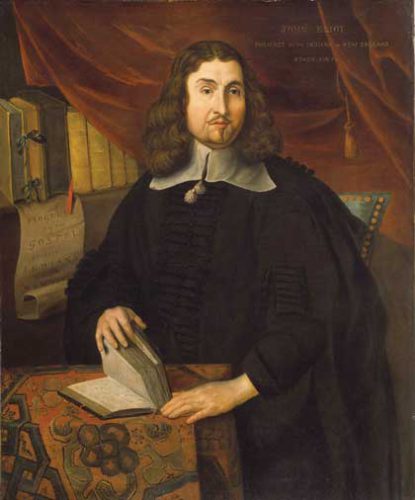
John Eliot, often referred to as the “Apostle to the Indians,” was a Puritan minister and missionary who dedicated his life to converting Native Americans to Christianity.
He learned the Algonquin language and translated the Bible into the Algonquin dialect, making it accessible to Native American tribes. Eliot established several “praying towns” where converted Native Americans could live and practice their faith.
His efforts to evangelize and educate Native Americans contributed to the spread of Puritan beliefs in colonial New England.
10. Jonathan Edwards (1703-1758)
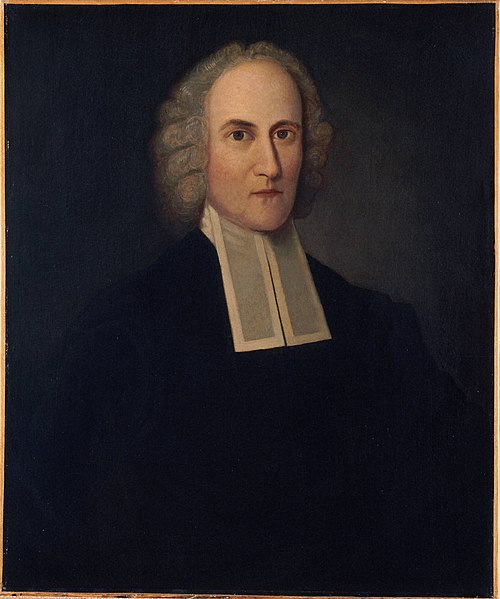
Jonathan Edwards was a prominent Puritan theologian and preacher, known for his role in the Great Awakening, a religious revival that swept through the American colonies in the 18th century.
Edwards emphasized the importance of personal religious experience and the need for spiritual conversion. His most famous sermon, “Sinners in the Hands of an Angry God,” delivered in 1741, vividly portrayed the consequences of sin and sought to awaken listeners to the urgency of seeking salvation.
Edwards’ writings and sermons had a profound impact on religious life and helped shape the religious landscape of America.
